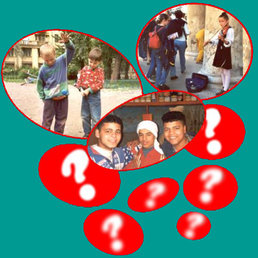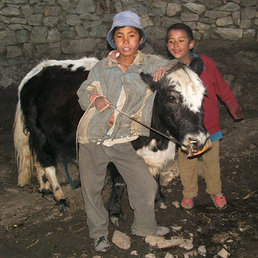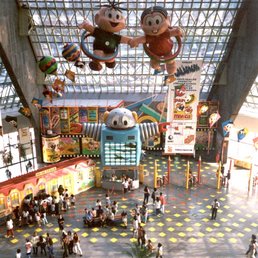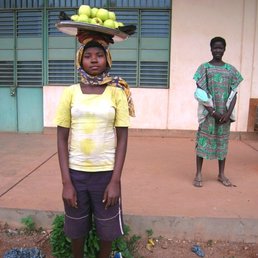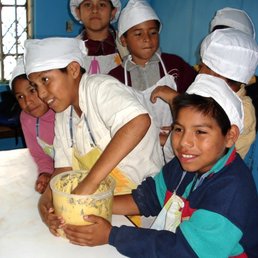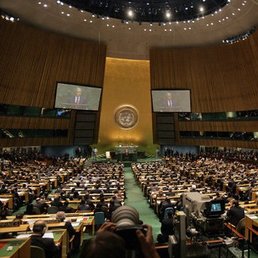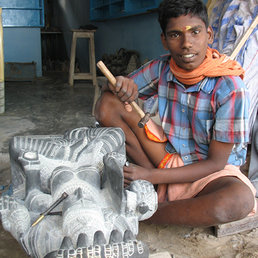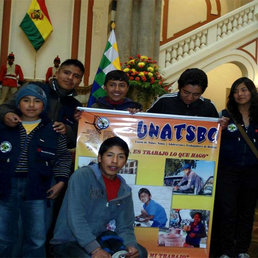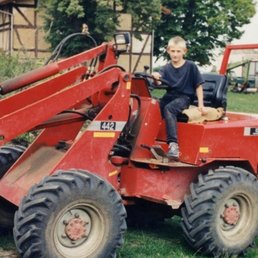Childhood and work
Childhoods worldwide
Our view of children and childhood depends on many factors that change throughout history and in different social and cultural contexts. In the discourse of childhood studies since the 1990s, childhood is spoken of as a construct. This perspective…
Children and work
It is not work that is the problem for the children, but the often exploitative conditions under which it is carried out. The idea of "critical appreciation" points to this difference and points to the need to recognise working children as social and…
Globalisation
Globalisation has a contradictory face. On the one hand, it increases the risks for working children to be exploited and marginalised. On the other hand, it opens up and provokes new opportunities for resistance. By organising themselves…
Post-colonial myth
We believe it is important to place the controversies surrounding children's work and their rights in a wider geopolitical context. In this context, the "total eradication of child labour", pursued mainly by the International Labour Organisation…
Fair trade
The label "Free from child labour" does not guarantee working children an improvement in their situation. On the contrary – for many of them, living and working conditions even deteriorate as a result. A blanket ban will not help. In contrast,…
Solidarity economy
Solidarity economy initiatives represent an alternative to exploitation and open up new opportunities for working children to engage in self-determined and collective employment. Some products of such cooperatives have already found their way onto…
The children's rights convention
The UN Convention on the Rights of the Child has existed for over 30 years. The movements of working children invoke these rights and at the same time make it clear that the convention and its interpretations do not yet do justice to the demands and…
Economic and labour rights
So far, children are largely denied access to economic and labour rights. As a result, working children are held in a legal grey area and the protection against economic exploitation they are entitled to under international law is made considerably…
Bolivian law
In Bolivia, working children organised in their own trade union (UNATSBO) fought for years for a law that would protect them from exploitation and guarantee them participation in affairs that concern them. Such a law was developed with the…
Child labour in Germany
Even in Germany, many children work or would like to earn money and gain new experiences. However, children's work is hardly noticed or only classified as a social problem and underestimated in its many forms and meanings. There is a lack of studies…
Children's rights in Germany
Children's rights are still far from being realised in Germany, despite the Federal Government's obligation to adapt its national laws and policies to the UN Convention on the Rights of the Child. This becomes particularly clear when children and…
